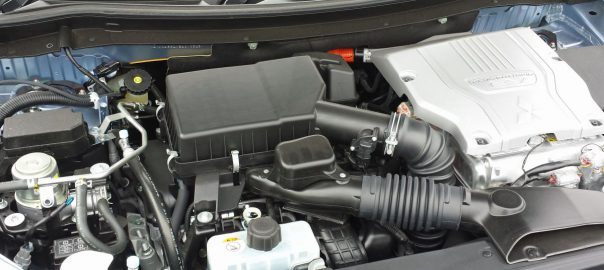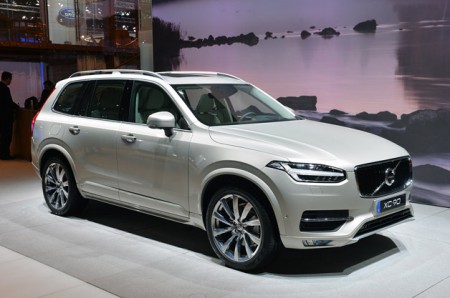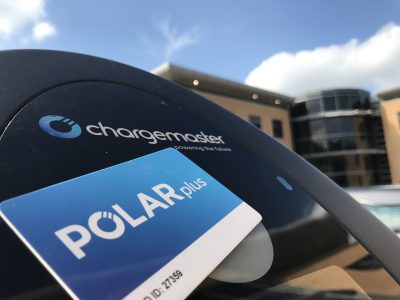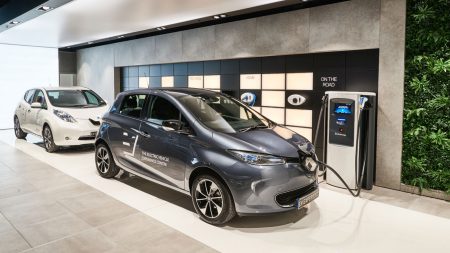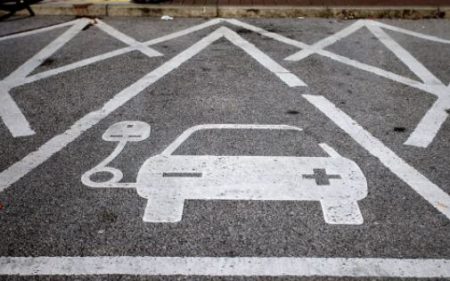The UK’s largest carmaker has announced plans to use old car batteries to store energy the national grid can’t use and return it to the network at peak times.
Jaguar Land Rover (JLR) is turning its used car batteries into what it says will be one of the largest energy storage systems in the UK.
Battery storage can be used to hold excess power during off peak times, when there’s a mismatch between supply of electricity (from wind farms, for example), and demand for energy.
That power can then be released and fed back into the grid when needed.
The JLR battery scheme aims to supply enough batteries to power 750 homes for a day, equivalent to 7.5 megawatt hours of energy, by the end of this year.
Electric car batteries can be reused, JLR said, due to the high standards they meet, meaning they can be used again when they fall below the “stringent” requirements of an electric vehicle.
Typically they’re left with 70% to 80% residual capacity.
The batteries will be stored in containers across the Chelveston renewable energy park in Northamptonshire
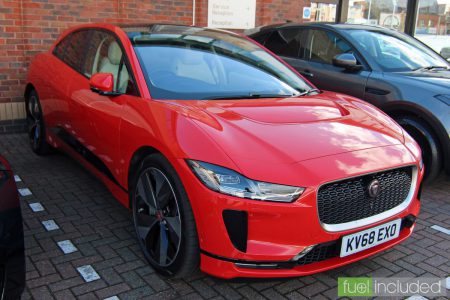
And there’s scope to grow the programme as more containers can be created to house additional used batteries from vehicles in the future, JLR said.
Used batteries could be utilised even further in years to come, JLR added.
Used battery supply for energy storage could exceed 200 gigawatt-hours per year by 2030, creating a global value over $30bn (£23.5bn), according to a 2019 McKinsey report.
Read more: skynews
It’s Time to Go Green!
If you would like to know more about Solar Panels and the PowerBanx range of home battery systems, and get a free instant quote, please complete our online form:

